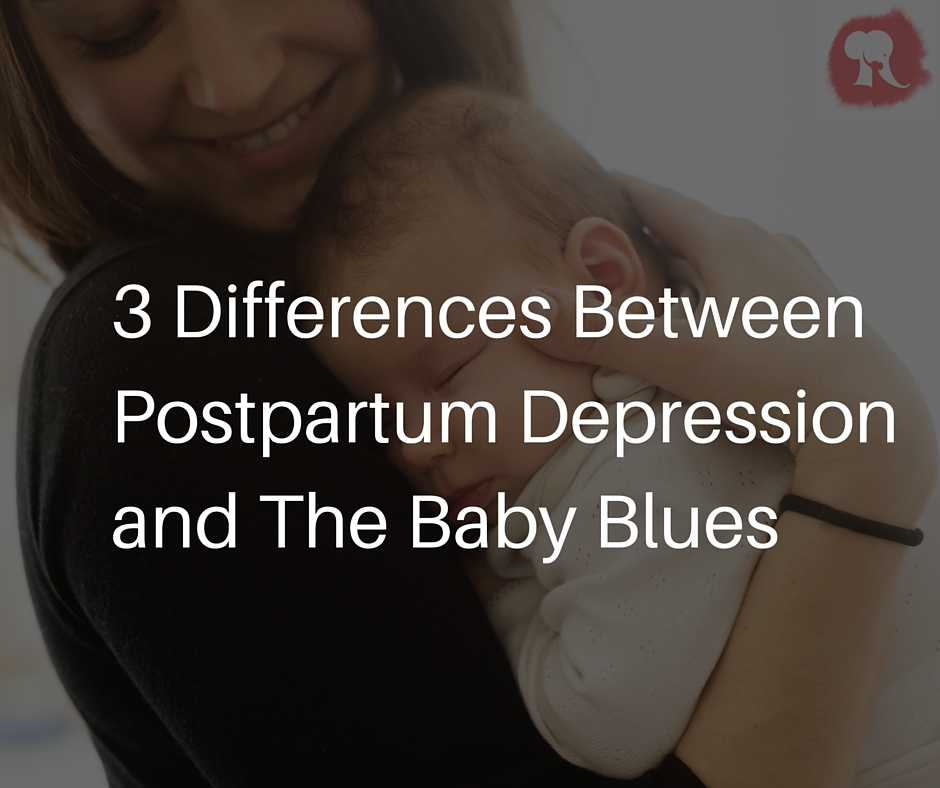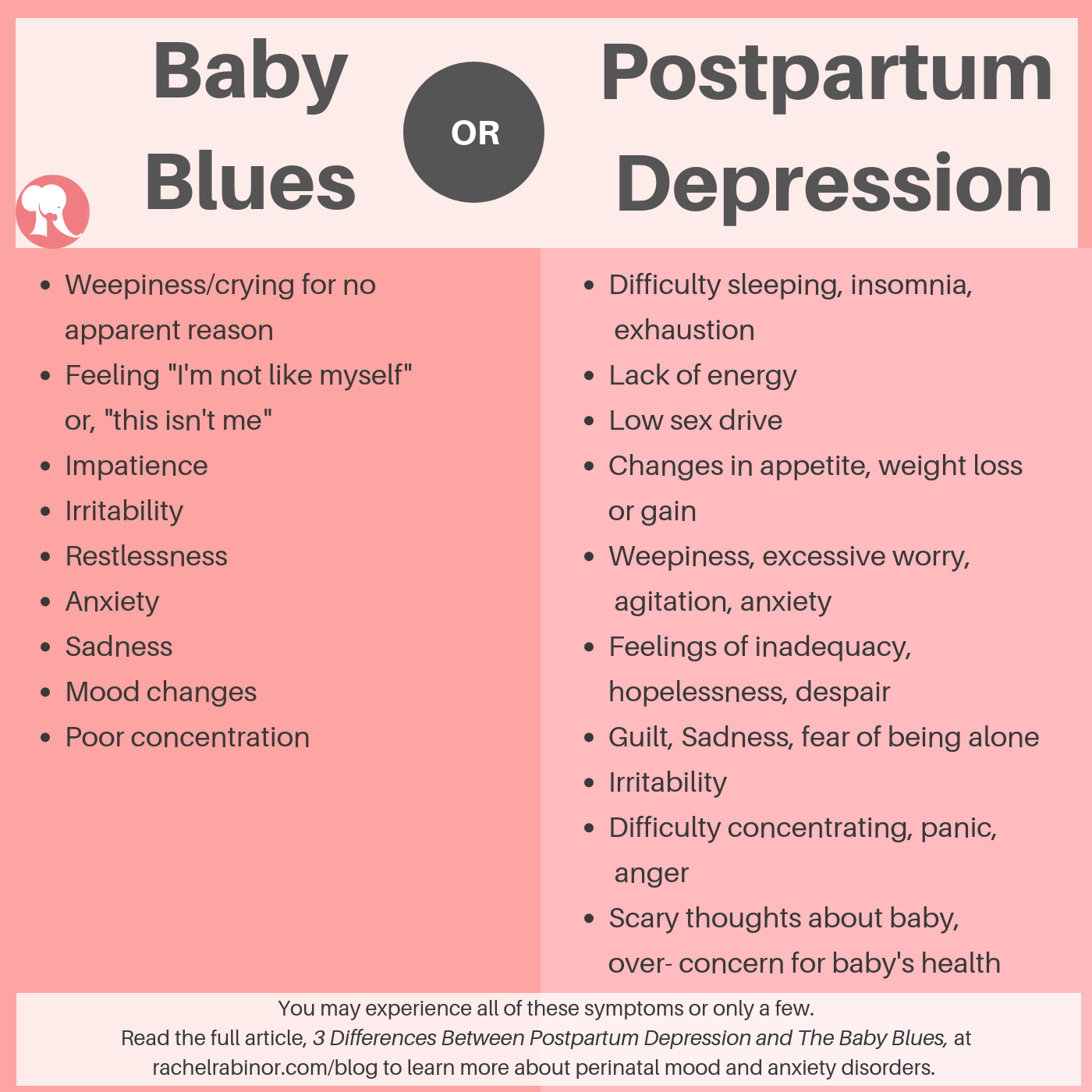How to #StartAsking for Support: The Journey of Secondary Infertility
You have a child, or maybe two or three. You want to grow your family but it's been 6 months or 12 and still nothing. Or you've gotten pregnant but have miscarried. Again, perhaps.
You discover on your own through your late night dates with google what you've got—Secondary infertility. No one's said it but that's what you've got.
This week is National Infertility Awareness Week (April 24-30, 2016) and the theme this year is “#StartAsking.” One of the goals of the #StartAsking campaign is to raise awareness, reduce the stigma and encourage people struggling to get the support they need.
While infertility itself is seldom discussed at dinner parties, secondary infertility is even more of a hush hush subject. Sharing your experience with secondary infertility can help invite those who love you to advocate for you and support your family during this challenging time.
What is Secondary Infertility?
You have a child, or maybe two or three. You want to grow your family but it's been 6 months or 12 and still nothing. Or you've gotten pregnant but have miscarried. Again, perhaps.
You discover on your own through your late night dates with google what you've got—secondary infertility. No one's said it but that's what you've got. According to Resolve, The National Infertility Association, secondary infertility:
is the inability to become pregnant, or to carry a pregnancy to term, following the birth of one or more biological children. The birth of the first child does not involve any assisted reproductive technologies or fertility medications.
Why hasn’t anyone mentioned it, you want to know? You wonder why your doctor shrugged you off and told you to keep trying. Are they ignorant? Optimistic? Lazy? What are they waiting for!?
There are so many complicated aspects to secondary infertility and coping with those who love you but who just don't get it. But the only way for them to know how hard it is and how lonely it is, is if we #StartAsking them to take a peek inside your world, to pay attention to your struggle, and understand what it’s like to experience secondary infertility.
Consider sharing this list with them as a way to help them understand what you’re going through. Tell them the number of the struggle listed below that's hardest for you today. Add your own. Let them in. Let them help you!
Common Struggles of Secondary Infertility
- You’re depressed and overwhelmed that you might not have another baby.
- You're mourning a loss. The loss of a baby. The loss of your dreams. Your life isn't going as planned and you have no control. You feel helpless.
- Your relationship is strained— it can be difficult to get on the same page about treatments and to connect on a deeper level outside of your timed TTC (trying to conceive) "appointments".
- The judgement— You feel judged in online communities and sometimes in the real world too because you have a child already and others don't. You wish you could tell them— there's enough sorrow to go around, folks!
- The appointments! Who has time for all the appointments (the other kinds!)? Your RE, OB, the HSG, the routine ultrasounds. Let's not forget your acupuncturist! All the work you need to miss or childcare you need to arrange. It's a LOT.
- You struggle with envy as those around you, unintentionally or not, become pregnant.
- Anniversaries hurt- your due date, when you had your (first/second/third) miscarriage, the holidays that coincide with those now infamous dates that are forever marred.
- The well meaning but unintended hurtful things your friends and family say in an effort to comfort you.
- Your child(ren). Yes- so lucky to have that source of light. but dealing with the emotional weight of repeat losses, the TWW (two week wait), negative tests... it's intense. If you'd like some suggestions on maintaining your bond with your child through this dark stage, you might find this article helpful.
- Your physical pain. The hormonal impact of infertility drugs- the anxiety, mood swings, weight gain. Or the nausea that comes with each hopeful pregnancy.
If you feeling inspired to #StartASking for support, consider sharing this article with someone you love who can help you through your journey.
If you’re struggling with primary or secondary infertility and think you could benefit from the support of a trained psychotherapist, reach out! In San Diego, call Rachel Rabinor, LCSW for a free 30 minute in-person consultation. She maintains a private practice in the Banker’s Hill neighborhood where she specializes in Maternal Mental Health including infertility and loss. Resolve is a great resource for those outside of San Diego.
3 Reasons to Try Walk and Talk Therapy
Walk and Talk Therapy is just that—walking while talking with a trained therapist. It’s exercise but not cardio. Collaborative and professional. Walk and Talk is a useful modality for many people. Anyone suffering from anxiety, depression, coping with grief or loss, or feeling stagnant in life may find it beneficial.
I just hung up the phone with a colleague who wanted to pick my brain about providing Walk and Talk Therapy. Our call got me thinking about all the incredible benefits of this, seemingly to some, out-of-the box therapy, and why more people should consider trying it.
Walk and Talk Therapy is just that—walking while talking with a trained therapist. It’s exercise but not cardio. Collaborative and professional. Walk and Talk is a useful type of treatment for many people. Anyone suffering from anxiety or depression, coping with grief or loss, or those feeling stagnant in life may find it beneficial. This article talks about the benefits for new moms and also talks more about what Walk and Talk is, and what it isn’t (How walk and Talk Will Change Your Life, Mama).
Here are three MORE reasons to consider Walk and Talk Therapy:
Walk and Talk Therapy allows you to take small steps towards your goals. It’s a great metaphor. With each step, you’re moving forward in life, leaving your problems behind figuratively and literally. You’re no longer thinking about starting therapy, you’re engaging in it actively. You’re no longer thinking about exercise, you’re moving. Small steps change lives.
- You’ll feel Better—Both therapy and exercise are linked to improved mood and a decrease in symptoms of depression and anxiety. Physical exercise releases endorphins, which naturally spark positive feelings that help to reduce levels of depression and anxiety and prevent depressive symptoms. Being in nature is not only restorative but can improve your positive outlook on life and your ability to cope and recover from stress and illness. Walk and Talk Therapy leaves many people with improved self-esteem and sleep, and a greater overall sense of well-being.
- Hello multi-tasking! Life is busy, and carving out time for exercise, fresh air and your mental health can be daunting. Combining movement and therapy in nature is a convenient way to make progress in multiple areas of life that need tending. We've all heard sitting referred to as the new smoking. It’s not enough to just think about our need for more exercise, we need tools and plans that allow us to implement exercise in ways that don’t add greater stress to our lives.
If you’ve been thinking about starting or resuming counseling, could Walk and Talk would be a good fit for you? What do you think? Please chime in below in the comments section!
If you’d like to learn more about Walk and Talk therapy and live in San Diego, schedule your free 30 minute in-person consultation to find out if I might be the right fit for you!
3 Differences Between Postpartum Depression and The Baby Blues
People often confuse the Baby Blues and Postpartum Depression. Some like to say that all moms have a bit of postpartum. Have you heard that? When I hear that I presume they're not sure what the difference is between the Baby Blues, which are normal mood fluctuations after having a baby, and something more serious like Postpartum Depression or Postpartum Anxiety.
People often confuse the Baby Blues and Postpartum Depression. Some like to say that all moms have a bit of "postpartum". Have you heard that? When I hear that I presume they're not sure what the difference is between the Baby Blues, which are normal mood fluctuations after having a baby, and something more serious like Postpartum Depression or Postpartum Anxiety (and then there's the very important fact that "postpartum" is actually a period of time, not a condition).
For the purpose of this post, I want to clarify that PPD and PPA are NOT the only mental health concerns during pregnancy or postpartum. They fall under the umbrella of Perinatal Mood and Anxiety Disorders (PMAD), but I wouldn't have caught your attention with that title now, right?
Are there visual cues to detecting Postpartum Depression?
It's not only regular folks who are confused about the differences, but some medical professionals are also a bit unclear. I've heard that some some professionals specializing in women's health don't formally screen for perinatal mood or anxiety disorders because they feel they can tell whether a mom is struggling with PPD just by looking at her. Is it possible, you wonder?
Here's a quick quiz: below are two images of postpartum women. Which woman has the Baby Blues? Which has Postpartum Depression? If you're struggling with Postpartum Depression right now, or have in the past you know better than to fall for this one: you don't have to be sad and teary to be diagnosed with a PMAD. In fact, many women make an enormous effort to look put together. If this sounds like you, you're definitely not alone.
Image A
image b
The Face of the Baby Blues
The massive hormonal shift immediately after birthing a baby will more likely have you looking like the image on the left, "Image A" than the one on the right, "Image B". A shocker for many despite the fact that the Baby Blues affects up to 80% of mothers and as I said earlier, are due to a normal fluctuation of hormones.
Danielle Haines, on the left (Image A), is a doula and midwife in-training. She posted this raw image of herself on Facebook a few months ago. It was taken days after giving birth to her son, and she shared it in an effort to shed light on what the adjustment to early motherhood really looks like. Sadly, there's still stigma attached to this normal postpartum experience. Women are unfortunately hesitant to share that motherhood isn't all ice cream and roses.
The Face of Postpartum Depression
The image on the right, of course, is Hayden Panettiere. She looks like so many new moms--walking on the beach, seemingly happy with her baby and fiancé. No visual cues that she is suffering. This is also how many women who are suffering survive, by projecting a put-together image of themselves, avoiding the shame and stigma that still persists. Meanwhile they're falling apart on the inside. Alone. Because they "look fine" no one pays attention. They slip through the cracks. Up to 20% of women experience a Perinatal Mood or Anxiety Disorder.
When this photograph of Panettiere was captured her baby was three months old. She sought treatment for postpartum depression seven months(!) after that image was publicized. Fortunately, times are changing and celebrities like Hayden Panettiere are more open about their real-life experiences adjusting to early motherhood. Thankfully there is a growing effort to destigmatize PMADs, and to motivate others to get the help they need.
Symptoms of Postpartum Depression vs the Baby Blues
So if we (doctors included) can't tell by looking, how can we know if what we're feeling is part of the normal adjustment to early motherhood or something more serious? Below is a cheat sheet describing the different symptoms one may experience with either the Baby Blues or Postpartum Depression. You may notice some similarities. Keep reading below to better understand the differences.
It's not necessarily what you are feeling. It's how often you feel it, how long you have been feeling this way, and how much it impedes your functioning.
1-Duration
How long have you been feeling this way? The baby blues typically resolves within 2-3 weeks after giving birth, whereas Postpartum Depression symptoms continue for longer, and may present several weeks or months after having a new baby (*or bringing one home-- PPD impacts adoptive parents as well as fathers/non birthing parents).
2- Intensity
How much are these feelings interfering with your life? If you're not sure how to evaluate intensity, answer these questions:
Do I find it hard to care for my own basic needs or those of my baby or other children? Is my eating or sleeping affected by these feelings?
Are these feelings interfering with other important relationships? With my partner? Other family members? Friends? Work?
3-Frequency
How often are you feeling this way? Once a week? Once a day? Nonstop? There's a difference.
It's important to recognize that some of the most common symptoms of postpartum depression-- rage and anxiety for example-- look nothing like the stereotypical image of a saddened, depressed woman who can't get out of bed. Symptoms of the Baby Blues respond extremely well to rest and other forms of self-care. Here's an article that outlines 6 Ways to Improve your Postpartum Self-Care.
Getting help for Postpartum Depression
If you've been struggling with distressing thoughts and feelings for longer than two weeks, I recommend that you reach out to your doctor or a psychotherapist who specializes in perinatal mood and anxiety disorders.
And if it's less than two weeks but you just "know" something's not right, pay attention to that inner voice. Trust that you know yourself best and reach out for help. It really doesn't matter what we call it; you and your baby both deserve the care and attention you need to thrive. It's also important to reiterate that Postpartum Depression as referred to in this article, falls under the umbrella of perinatal mood and anxiety disorders, PMADs, which encompass other illnesses such as postpartum obsessive compulsive disorder, postpartum anxiety, postpartum post-traumatic stress disorder and postpartum psychosis.
If you or someone you know is struggling with a Perinatal Mood or Anxiety Disorder, please reach out for support. PMADs are very treatable. In my private practice in San Diego, California where I specialize in Maternal Mental Health, I offer a free 30 minute in-person consultation to find out if I'm the right therapist for you. Postpartum Support International (PSI) is a national organization that maintains a warmline and a list of trained providers specializing in Maternal Mental Health. If you’re in San Diego, CA, The Postpartum Health Alliance is our local chapter of PSI and a wonderful resource.









